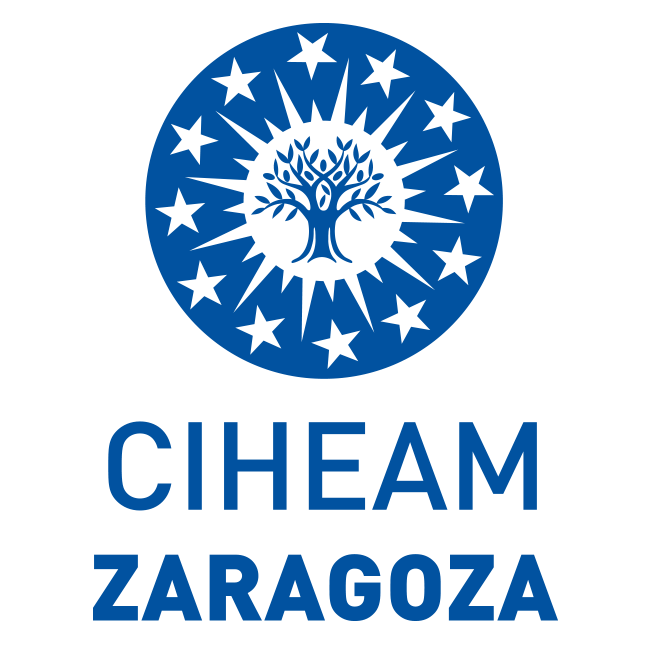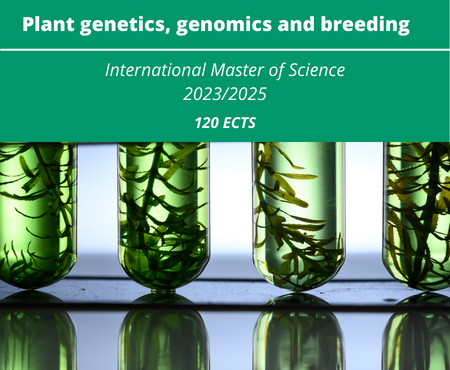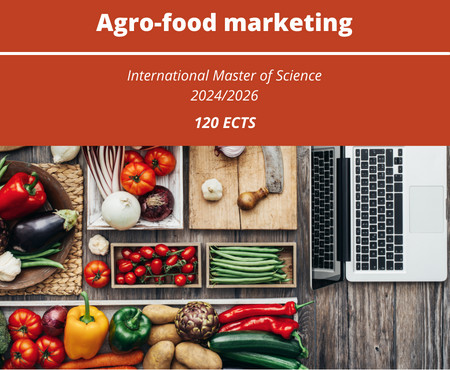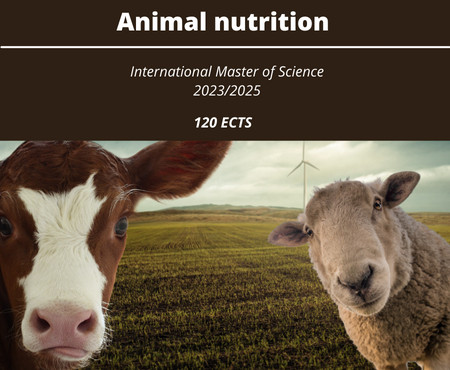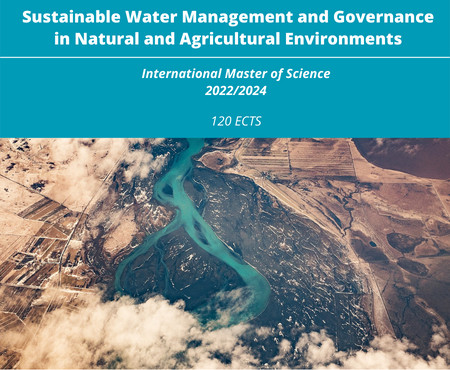PROGRAMME
International MSc in plant genetics, genomics and breeding
Plant breeding plays a key role in increasing crop yield and quality, by developing varieties that are adapted to the different environmental conditions, make better use of inputs and are integrated in environmentally and economically viable agricultural systems. This discipline has evolved to a complex science, integrating new genetic, genomic, molecular, cellular and computer-based tools into classical breeding methods. Young people need to be trained to meet the challenges of the agriculture of the future.
This Master programme is designed to train professionals in the field of plant breeding by integrating the tools of cell biology, molecular biology, genomics, biotechnology and bioinformatics into classical selection methods. The specialization profile of this degree enables students to undertake technical responsibilities in this domain as well as to perform high-level scientific research.
The Master is mainly held in Zaragoza and is co-organised by the University of Lleida (UdL) and the International Centre for Advanced Mediterranean Agronomic Studies, in collaboration with two Spanish research centres. One of them, the CBGP, has been granted the Spanish accreditation of Severo Ochoa Centre of Excellence. The other, Agrotecnio, belongs to the Catalan i-CERCA network of Centres of Excellence in Catalonia.
The Master is delivered in English and its flexible and versatile structure enables students to take independent modules too.
International MSc in agro-food marketing
This Master is designed to train professionals in the area of agro-food marketing, enabling them to develop marketing strategies and plans adapted to new trends in food production and consumption. The Master integrates the most recent developments of business marketing principles applied to food products with traditional agricultural commodity marketing, placing special emphasis on the international dimension of strategies.
The Master is organized by CIHEAM Zaragoza and is recognized as equivalent to the official Master’s Degree of the Spanish university system. The programme was first offered in 1987, and since then its contents have been updated and revised for each new edition to train professionals in the field of agrofood marketing. The Master is delivered in English and its flexible and versatile structure enables students to take independent modules too.
International MSc in animal nutrition
The Master is designed to train professionals in the field of animal nutrition. During the first year (60 ECTS) students attend lectures and tutorials, laboratory and IT practicals to learn to design animal feed programmes and participate in technical visits to various livestock farms. During this time students have the opportunity to design a project on new techniques or methodologies in animal nutrition and apply them in a productive context. The Master is organized together with the University of Zaragoza (Spain) and includes several technical visits to: compound feed mills, forage shrub plots and pastures, beef and dairy cattle farms, meat and dairy sheep farms, extensive and intensive systems, goat farms, an organic production system, poultry, pig and rabbit farms and milk recording and quality control laboratories.
In the last month of year one, students do a professional traineeship in the feed mill industry, a quality control laboratory, a livestock farm or similar centre related to the animal nutrition or agro-food product sectors.
The Master is flexible and students can take independent modules.
International MSc in sustainable water management and governance in natural and agricultural environments
The main objective of this Master is to train future professionals responsible for decision-making in the field of water management and governance in the natural and agricultural environment, and equip them with the required blend of skills and an integrating and interdisciplinary vision.
The specific objectives of this Master are: to train for decision-making and for action according to good water governance practices, aware of the importance of society engagement; to know and analyse the legal framework and current regulations weighing the opportunities and limitations involved; to contribute to the sustainability, better use, and conservation of water resource and aquatic systems; and to gain experience in the application of models, new information and communication technologies, and digitalization to enhance the efficacy of services and improve risk prediction and management.
The Master is organized by the Mediterranean Agronomic Institute of Zaragoza (CIHEAM Zaragoza) of the International Centre for Advanced Mediterranean Agronomic Studies (CIHEAM), with the collaboration of the National Institute for Agro-food Research and Technology (CSIC-INIA) and the International Center for Agricultural Research in the Dry Areas (ICARDA).

